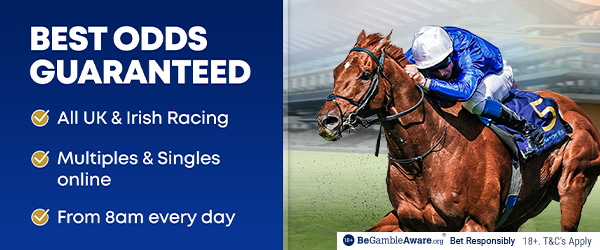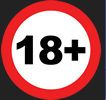 |
RacingBetter News |
| Wednesday 22nd December 2021 | |
A Beginner's Guide to Sports Betting in 2022
Most people enjoy watching sports. The thrill of seeing their favourite players working as a team to conquer the "enemy" What if you could use your extensive knowledge from watching all the games to make the losing team pay for your beers? With the right sports betting strategies, anyone has a chance to come out on top.
In the greater scheme of things, sports betting seems like a simple one-step process:
- Decide how much money you are willing to risk.
- Pick a sport you know a thing or two about.
- Pick a side.
- Watch the game.
- Whether you win or lose, you must claim your victory.
While this sounds easy, it isn’t enough to confidently place a bet. With all the lingo that surrounds sports betting, there is a great chance of confusion.
Fixed-Odds betting
Fixed-odds betting is the traditional type of betting where you place a wager on what you predict the outcome of the event will be. As the name suggests, fixed-odds betting is when the agreed-upon odds don’t change, regardless of whether the odds have changed during the game or not.
Parties to wager
In sports betting, there will always be two teams to place your bet on. Imagine you are betting with your friends. You think the All Blacks are going to win, while your friend believes the Springboks are going to remain on top. While bets between friends are common and explain the parties involved well, we will be focusing on betting with a bookkeeper. The bettor takes a wager, and the bookkeeper lays the wager.
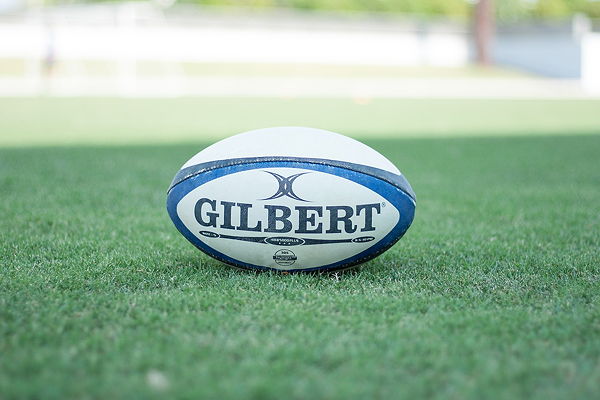
Selection
The selection is what the bettor hopes the outcome will be. In the game with your friend, your selection would be "All Blacks to Win".
Stake
The stake is the amount that the bettor is willing to risk. Bookkeepers often have a minimum and maximum stake. The wager is kept if the stake is lost, but the wager and winnings will be returned if the wager is won by the bettor.
Odds
Simply put, odds indicate how likely the selection is to occur. The odds will be low if the selection is likely to be correct and high if the selection is unlikely to take place.
Pay out:
This is what the bettor receives from the bookkeeper after they win the wager. In other words, when their selection is correct. This is usually quoted as the initial stake because it is returned to the bettor alongside their original stake.
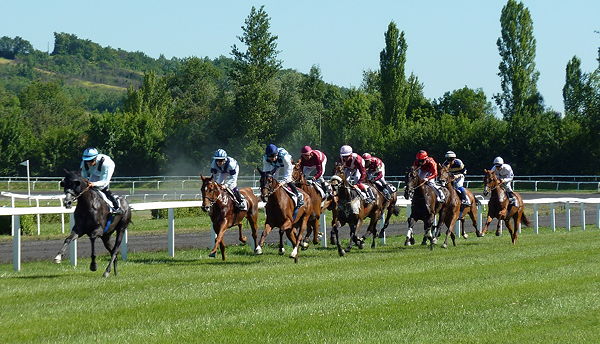
Underdog Versus Top Dog
The underdog is the team that doesn’t have the greatest chances of success. This is indicated by a minus next to their name. While betting on an underdog, you have a lower chance of success, but your reward to risk ratio might be higher. So, you may risk losing $100 but stand to gain $200 if your selection is correct.
The Top Dogs are the team that is expected to win. This is indicated by a plus next to their name. Betting on a top dog is the opposite of betting on the underdog. While you are less likely to lose your wager, the pay-out you do get is not as great. You have a lower risk-to-reward ratio. So, if you risk losing $100, you might only stand to gain $150.
Match Winner and Moneyline
There are two main ways the stakes can be explained, each with its own way of explaining odds. The MoneyLine is simple and is displayed as follows: +150:-200 with each of the teams' names on either side. This shows what you would win if your wager was $100. For example, if you bet $100 on team 1 to win, and your selection is correct, you get paid out $250. Take note of how the numbers in MoneyLine only show what you stand to win, and your stake is paid out in addition.
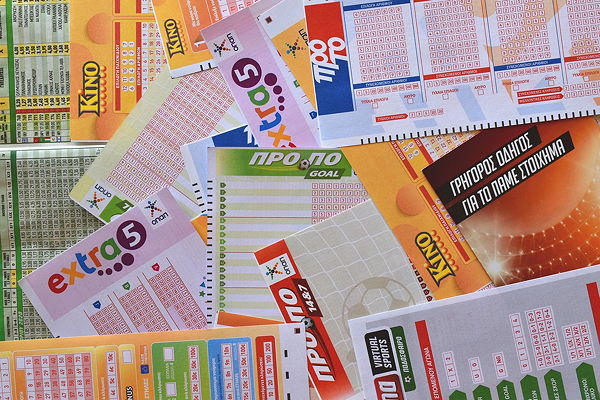
This is not the case with match winners. With a match-winner, your odds would be displayed as 1.25: 2.1. To find out how much the bettor is likely to be paid out, simply multiply their stake by the decimal number. Let's say you bet on the second player, and your selection was correct. Your bill was $100. Now you have been paid out $210. The number in Match Winner displays your pay-out, including your stake. This is the key difference.
Final thoughts
Sports betting can be a wonderful way to increase the emotions attached to the outcome of a game. Now that you have a basic understanding of how fixed-odds work, you might be able to set up a wager that can pay for your beers if your favourite sports team wins.


